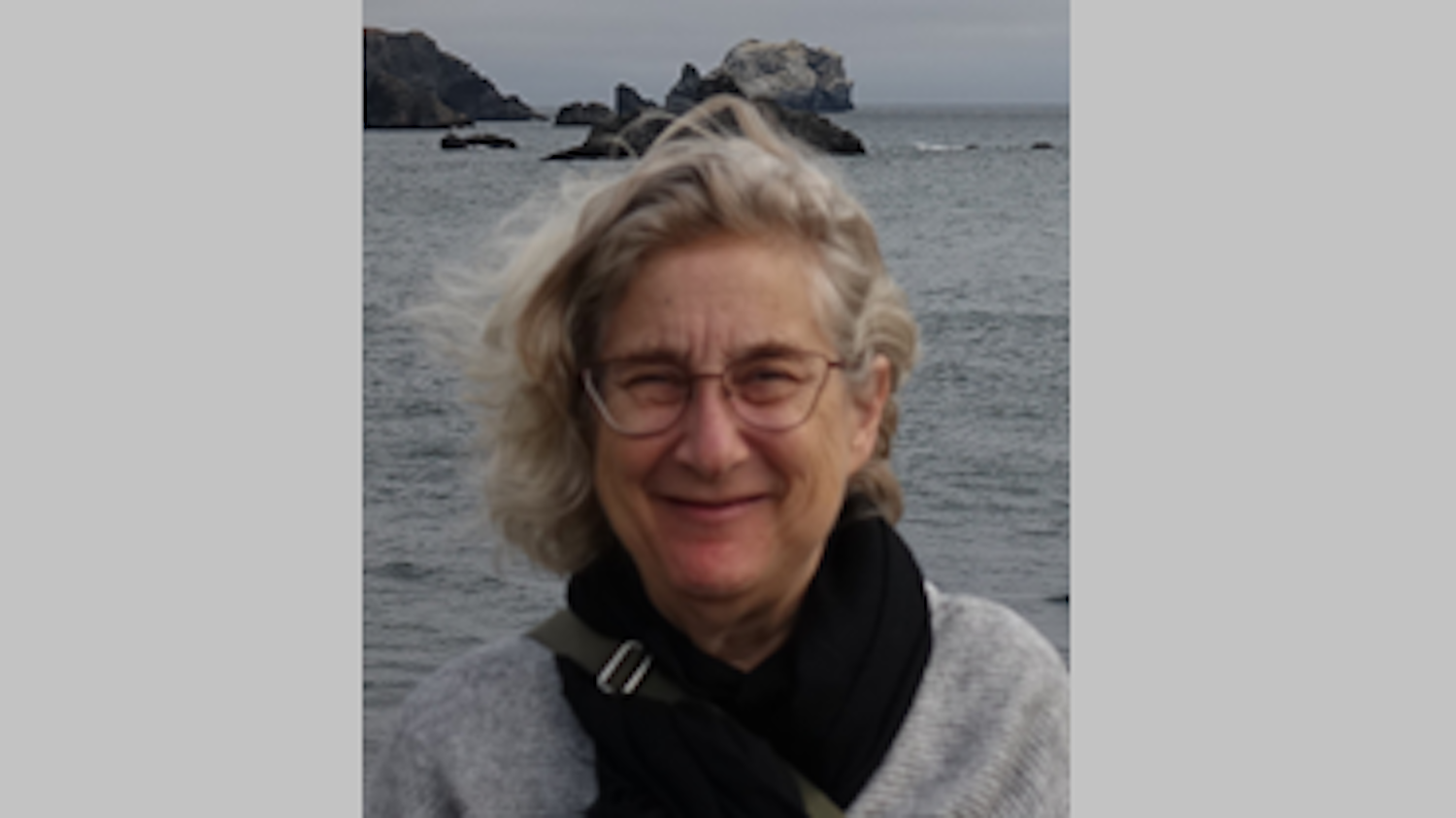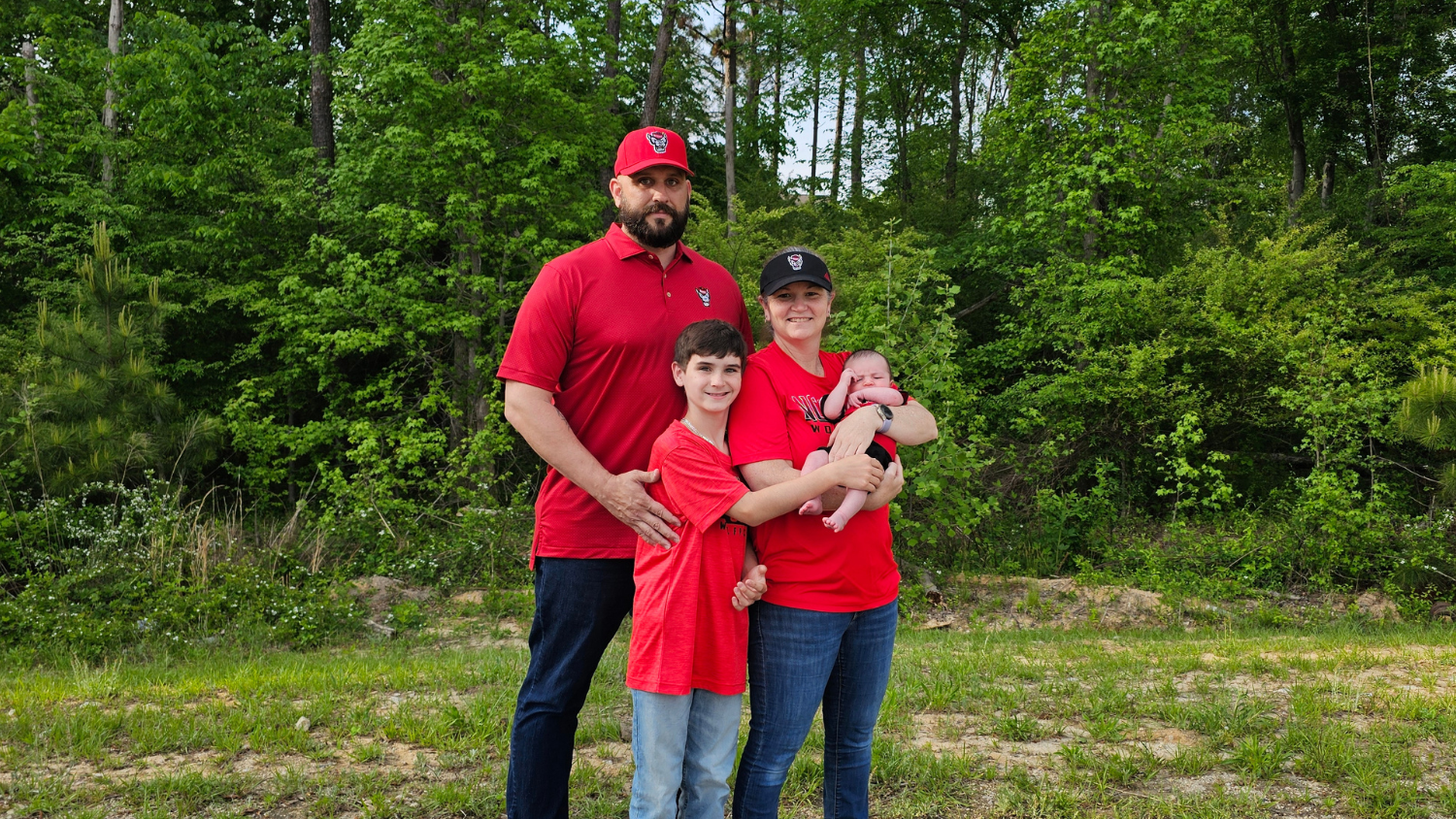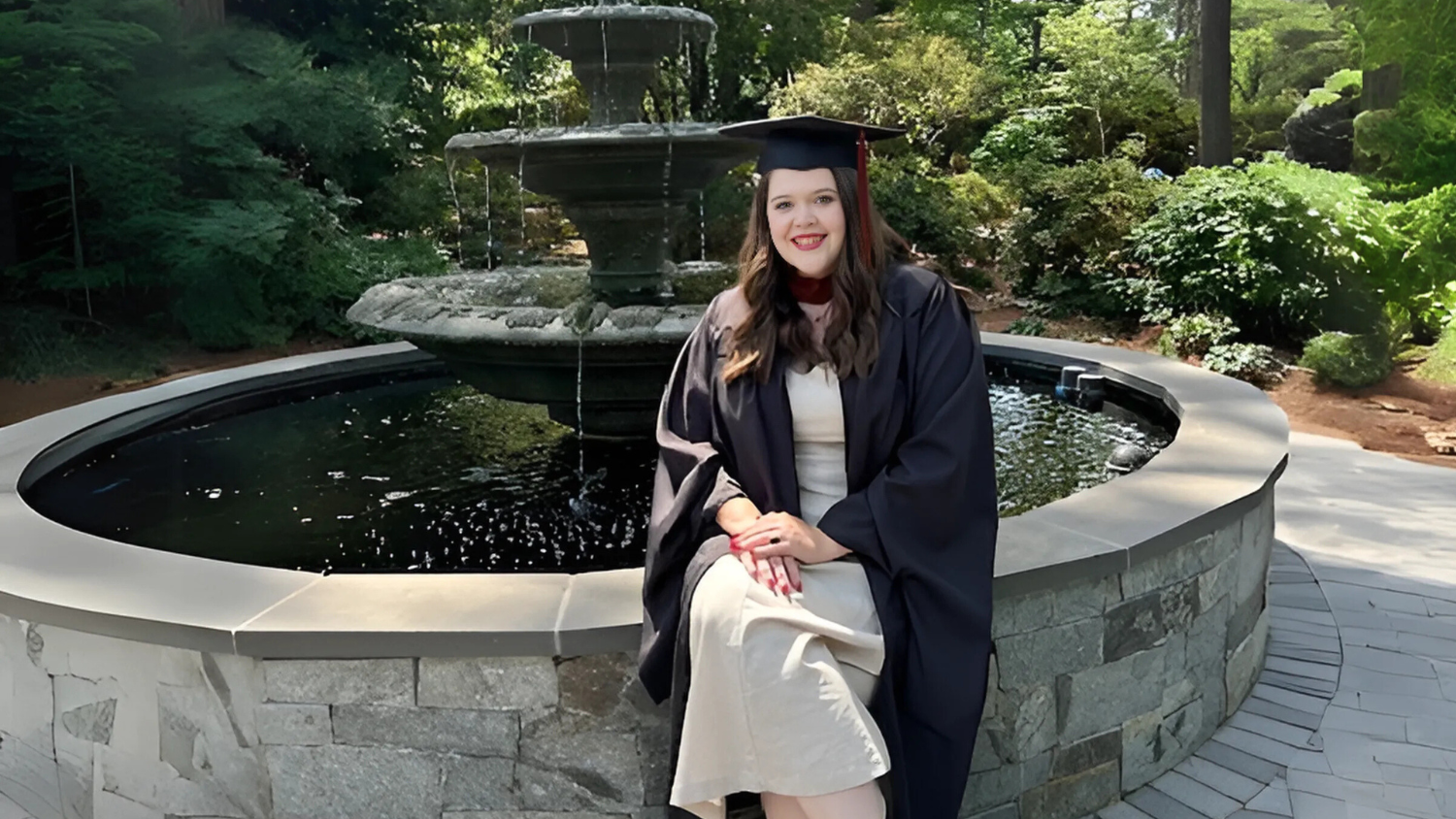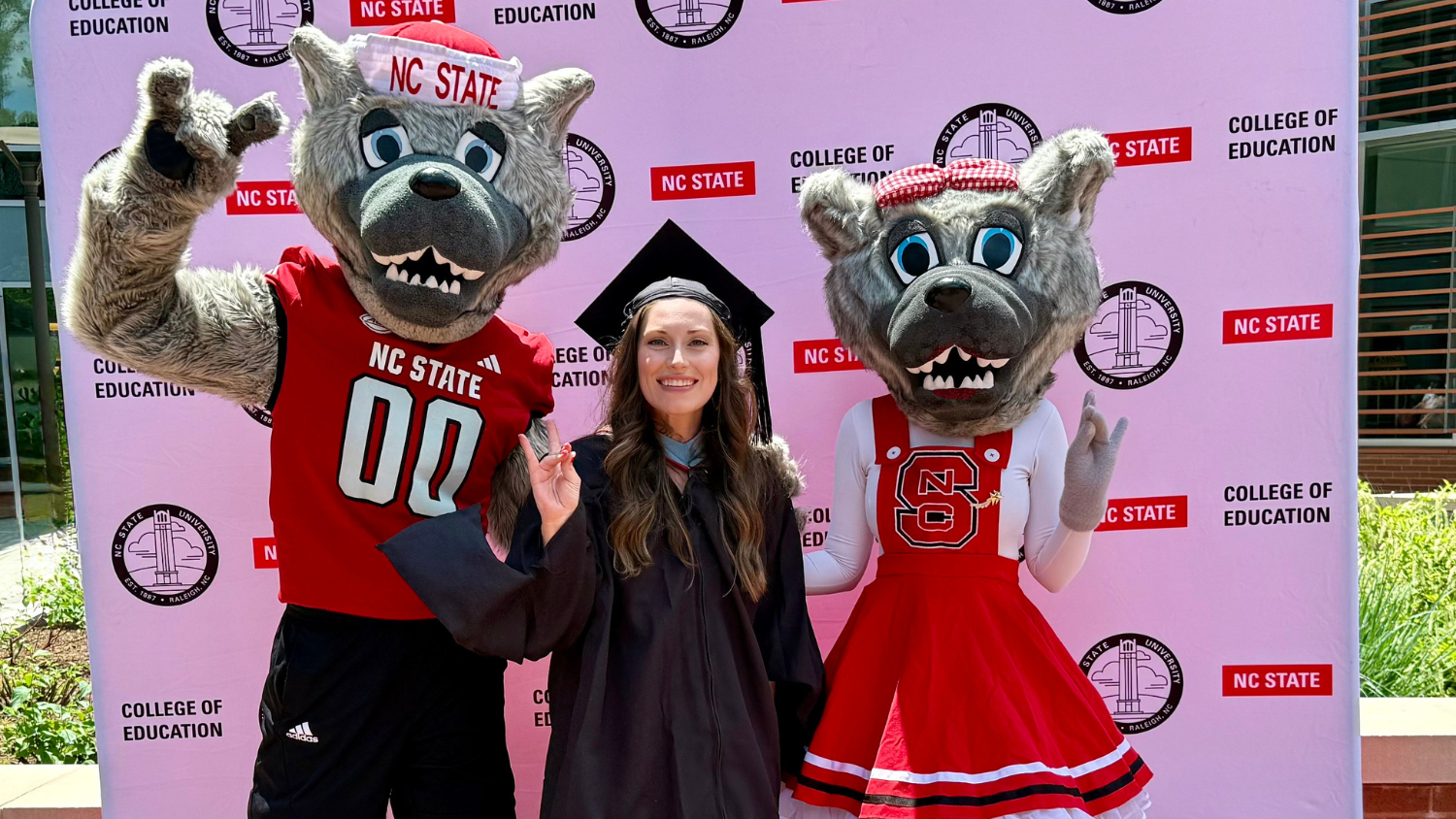Q+A with Marcia Gumpertz: Statistical Consulting Expert and Diversity and Inclusion Advocate

We sat down for a short question and answer session with Marcia Gumpertz to discuss her career in statistical consulting, how she brings that knowledge to the classroom, and her great work advocating for diversity and inclusion.
We are lucky to have Dr. Gumpertz teach our Statistical Practice course, ST 542, which involves statistical consulting with real clients and projects.
What kind of roles relating to statistical consulting have you had and how do you bring that knowledge to the ST 542: Statistical Practice course?
After I got my master’s in statistics, I worked for a contractor at an Environmental Protection Agency (EPA) research lab. There I was the only statistician working with a team of plant scientists, so I was responsible for all statistical aspects of the research:
- Designing experiments
- Analyzing data
- Writing up statistical methods and results for publication
Being embedded within a research team is an ideal situation for an applied statistician, because you develop a long-term relationship with the other members of the team and you have a lot of input into how the experiments are conducted and how data are collected, which ensures that your experiments will be in good shape to answer the research questions. In that kind of a role you also need to learn how to learn new statistical methods on your own, which is something that we discuss in the Statistical Practice course.
Working with environmental data also got me thinking about some ethical issues that statisticians face. One ethical question is how much responsibility does a statistician bear for ensuring that the statistical results are conveyed properly? A second is how to deal with underpowered studies or the situation where bioequivalence is appropriate but a standard test of equality was performed instead? This comes up when a party has an interest in showing that there is no difference in some measure between a potentially polluted area and an unpolluted area. Later on in graduate school I did a traineeship at a pharmaceutical company and similar ethical issues came up even more often there. In the Statistical Practice course, students discuss a wide variety of ethical issues, including data privacy, confidentiality and issues related to machine learning.
For most of my career as a faculty member I served as statistical liaison to the departments of Plant Pathology, Forestry and Environmental Resources and Soil Science. In that role I consulted and collaborated with faculty, postdocs, research assistants and graduate students on statistical issues in their research in the agricultural and environmental sciences.
A few years ago I started consulting with a plant pathologist at the Mountain Research Station. Since the station is in Western North Carolina and I am in Raleigh, we met virtually via Zoom and I realized that meeting virtually can be just as effective as meeting in person for statistical consulting.
Statistical consulting is a large component of the Statistical Practice course. The students are organized in small teams and each team is assigned a consulting client to work with. Through working with the clients, the students gain experience in conducting meetings, working with a team, communicating informally in a consulting setting, solving statistical problems, writing statistical reports and making presentations. In the online version of the course the students are located all over the country, so they can’t meet in person with the consulting clients; however, video conferencing makes meeting easy for all of the parties.
What kind of feedback have you gotten from the students and clients for the online Statistical Practice course?
The reception from the students and clients has overall been very good. Of course there have been a few students who struggled with the team aspect or the online aspect of the course though. Here are some comments from students and clients:
Student feedback:
- “The most valuable part of the course was the course project.”
- “I enjoyed being paired with a group looking to solve a real problem. This hands-on experience was valuable.”
- “The course provides me opportunities to practice many professional skills that I haven’t learned before. This is really helpful for my future work and study.”
- “I feel like this course did a great job in being engaging and fostering communication.”
Client feedback:
- “I met with (student names)… From my perspective, we had a great meeting. Everyone was prepared, open-minded, and personable. We started planning the experiment that I will be conducting under their guidance.” — entomology and plant pathology research professors
- “We are excited to see the data. (Student) is in the process of writing everything up now…. Again, we really appreciate this and will stay in touch as we move forward with publication.” — animal science professor
- “I really enjoyed working with the students on this project and I was very impressed with them!” — biochemistry professor
That sounds like a great course! We also wanted to ask you about your past and present roles working to improve diversity and inclusion. What would you like to highlight?
From 2006 to 2017 I served as assistant vice provost for faculty diversity. In that role, I worked to improve the climate for diverse faculty across campus and to increase the representation of women and minority faculty in fields where these groups have been traditionally underrepresented.
From 2008 to 2012 we had an NSF ADVANCE grant, which promoted the careers of women faculty in the sciences and engineering. That project engaged and prepared women faculty and department heads for leading change in their spheres of influence. Participants in those programs have gone on to roles from department head to university president. We still have a ways to go, but we have made progress for women at NC State. As of fall 2021 women account for:
- 9 of 30 (30%) STEM department heads at NC State
- 19 of 57 (33%) department heads in all disciplines at NC State
- 3 of the 10 academic deans at NC State
The ADVANCE project team also developed workshops to engage faculty search committees in working to bring more diverse faculty to campus. The Recruiting Diverse Faculty committee grew out of those workshops, and currently offers workshops and resources to departments and faculty search committees.
While in the Office for Diversity and African American Affairs (currently the Office for Institutional Equity and Diversity), I began coordinating the Building Future Faculty Program (BFF), which is a two-day workshop for diverse graduate students and postdocs from around the nation who are preparing for faculty careers. Over 300 students have participated in BFF since its inception in 2006, and over 60% of them have gone on to academic careers. Nine are currently members of the NC State faculty:
- Erika Ford (assistant professor, TECS and recipient of a 2021 Goodnight Early Career Innovators Award)
- Anne Porterfield (associate professor, TATM)
- Marc Dudley (professor, English)
- Tamecia Jones (assistant professor, STEM Education)
- Elaine Bohorquez (associate teaching professor, Poultry Science)
- Derek Ham (department head and associate professor, Art+Design)
- Jodi Hall (associate professor, Social Work)
- Kevin Richardson (assistant professor, Philosophy and Religious Studies)
- Alejandra Ortiz (adjunct assistant professor, Civil, Construction and Environmental Engineering).
There are two more impacts that I’d like to mention. First, NC State now notifies the campus about religious holidays each semester in an effort to avoid conflicts with religious traditions for students, staff and faculty. The second achievement that I’d like to highlight is the creation of the Joint Statistical Meetings (JSM) Diversity Mentoring Program, which started by matching six students with faculty mentors in 2010 and has grown to an annual event sponsored by the American Statistical Association that matches 25 to 30 aspiring and early to mid-career statisticians with more senior statisticians each year.
Currently I lead another NSF-funded project, an Alliances for Graduate Education and the Professoriate (AGEP) grant. AGEP-NC is an alliance of UNC Charlotte, North Carolina A&T State University and NC State to promote change in STEM doctoral programs to enhance the success of underrepresented minority students in completing doctoral degrees and preparing for faculty careers. Sixteen NC State departments are participating in this project. Faculty fellows in these departments are leading their faculty colleagues in making changes to their department’s policies and practices to promote the success of Black, American Indian, Hispanic/Latino, Alaska Native, Hawaiian and Pacific Islander doctoral students. The changes that these departments are making include:
- instituting peer mentoring for doctoral students
- creating enhanced orientation sessions and first year courses for graduate students
- mentor training for dissertation advisors
- recognition for mentoring and diversity efforts in annual faculty activity reports and reappointment, promotion and tenure guidelines
Thank you so much for sitting down with us! We are thankful for the great experiences you give your students and the vital work you do in changing the landscape for underrepresented people in higher education!
This post was originally published in Department of Statistics.
- Categories:


